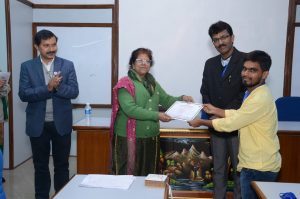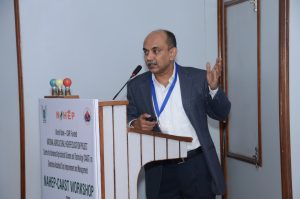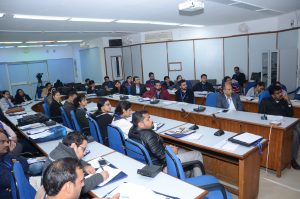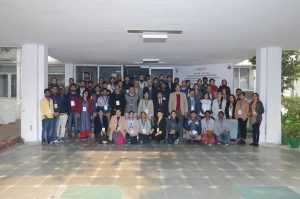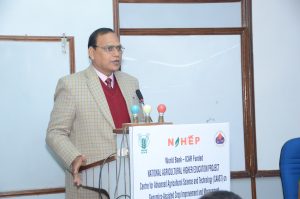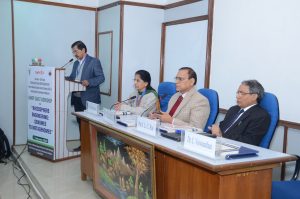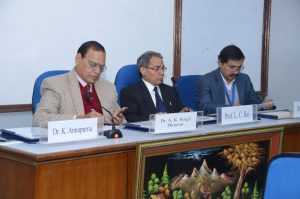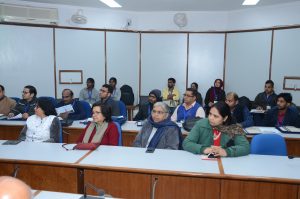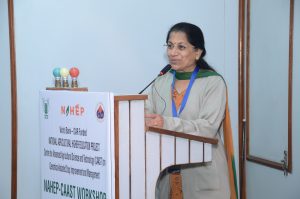High-throughput DNA sequencing technologies have revolutionized the research in the field of microbial genomics. In the last decade, several microbial genomes, and metagenomes of different ecological regions and plant microbiomes have been sequenced and analyzed using different computational techniques. Various meta-omics approaches have significantly improved our knowledge about the structural and functional diversity of microbial communities in a particular environment. The ‘Big data’ has provided microbiologists with information regarding gene functions, genome structures, biological pathways, metabolic and regulatory networks, and evolution of microbial genomes. These insights have greatly enhanced our understanding of microbial metabolism, plant microbiome and molecular aspects of plant microbial interaction
These approaches have further led to new knowledge on the composition and activities of microbial communities and have enabled the discovery of many novel taxa, genes, enzymes, and molecules. The workshop is designed to sensitize the students and young faculty members about recent advances and experiences of learned speakers in the field of rhizosphere microbiome and the scope of genomics and metagenomics information to usher in new revolution in agricultural microbiology research. The workshop will provide ample opportunities for networking with the national experts from the academic institutions and the industrial leaders.
The main theme of the workshop was Rhizosphere microbiome profiling and function, Basis of microbe induced growth promotion, Microbial biostimulant, Metagenomics tools for deciphering plant microbiomes, Microbe induced plant defense, Endophytic microbiome of roots and suppression of plant diseases. The workshop was conducted at Dr. G.S. Sirohi conference hall, Division of Plant Physiology, ICAR-IARI on 7th Febrauary, 2020
It was inaugurated by Dr. A. K. Singh, Director, ICAR-IARI, who was the chief guest in the presence of Dr. C. Viswanathan, PI, NAHEP-CAAST & Head, Division of Plant Physiology and Dr. K. Annapurna, Head, Division of Microbiology & Course Director of the workshop. Following the inaugural session, Prof. L. C. Rai, BHU distinguished professor (Lifelong) delivered a talk on Proteomic, Genomic and Bioinformatic approaches unveil arsenic toxicity in Anabaena sp. PCC7120. Lectures were delivered by Dr. Aundy Kumar, B. Ramakrishanan, V. Govindasamy and Dr. Rajiv Kaushik on various topics covering Phyllosphere Microbiome, Rhizosphere Microbiome, Long-Read Sequencing Technologies and Metagenomics respectively. Post-lunch, practical session was held on bioinformatics analysis using CLC genomics workbench platform by Qiagen and MG-RAST by Mr. Kuleshwar Prasad Sahu, Division of Plant Pathology. In the closing session of the workshop, certificates were distributed by Dr. Rashmi Agarwal, Dean & Joint director (Education), ICAR-IARI to all 43 participants (students and faculties) who came from different institutes across the country.

